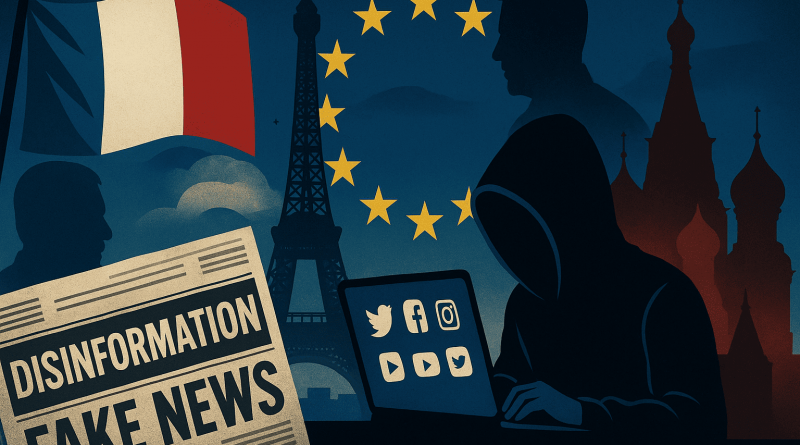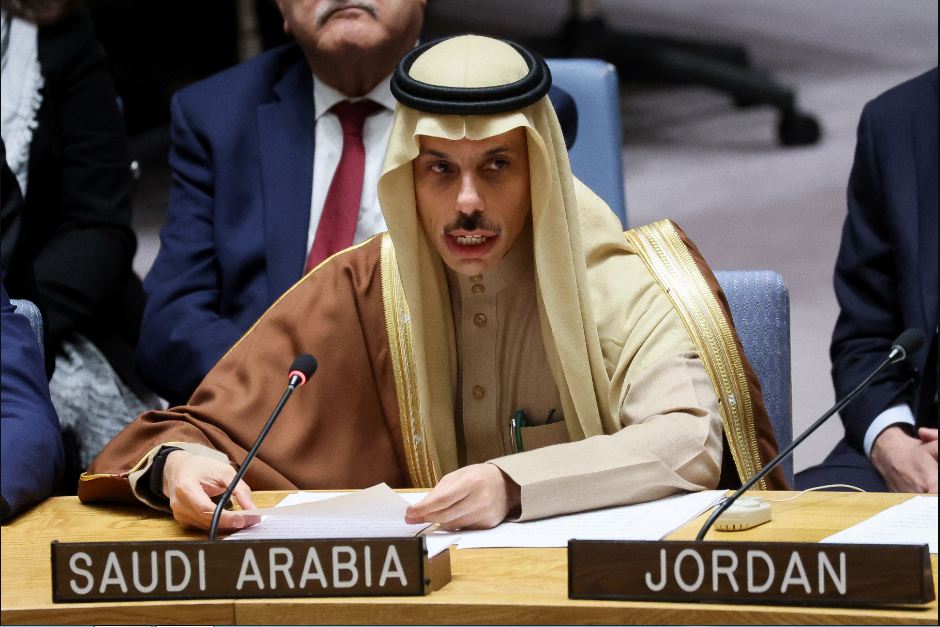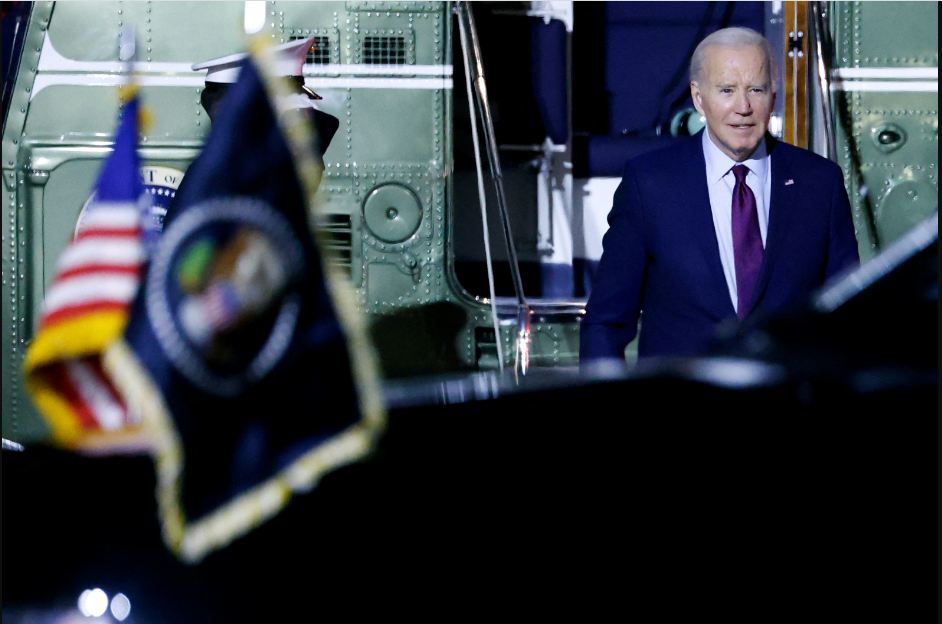OPINION: Digital Warfare—France Battles Rising Foreign Disinformation
In an era where information flows faster than ever, the battle for truth and clarity has become more crucial. Recently, French Prime Minister François Bayrou revealed concerning findings that place France at the forefront of foreign disinformation campaigns within the European Union. According to an EU diplomatic report, France, following Ukraine, became the second-most targeted country in Europe for such campaigns, with 152 incidents recorded between 2023 and 2024. This stark revelation underscores the growing vulnerability of democratic societies to external interference, and it raises important questions about how nations like France can defend their democratic processes in an increasingly digital world.
The Nature of the Threat
Disinformation, as we know, is the deliberate spread of false or misleading information with the intent to deceive, manipulate, or destabilize public opinion. With the rapid spread of social media and online platforms, foreign actors now have powerful tools at their disposal to shape narratives, sow division, and create confusion. In France, these campaigns have been described as multifaceted and relentless, involving a mix of fake news, conspiracy theories, and targeted online harassment.
Bayrou’s comments came shortly after the EU published its report highlighting the rise in such attacks across Europe. While many countries have been subject to these malicious campaigns, France’s position as a leading democratic nation with a significant global influence makes it a prime target. The Prime Minister’s statement is part of a broader acknowledgment by European leaders that the threat of foreign disinformation is not only real but increasingly sophisticated.
The Motives Behind Disinformation
The report’s findings suggest that foreign disinformation efforts targeting France are driven by several key motives, with geopolitical and ideological interests at their core. In many instances, foreign powers seek to disrupt France’s political stability, undermine trust in its institutions, and influence public opinion on critical issues like elections, foreign policy, and security matters. The 2024 French presidential elections, for example, could have been a key target for these disinformation campaigns, as foreign actors sought to influence voter behavior and deepen societal divisions.
Bayrou also pointed out that disinformation campaigns often coincide with times of crisis, when people are most vulnerable to misinformation. The COVID-19 pandemic, the economic fallout from global tensions, and the ongoing debates about climate change have all served as fertile ground for disinformation. In such times, individuals may find it harder to discern fact from fiction, making them more susceptible to false narratives designed to sway opinions or incite unrest.
Moreover, France’s position within the European Union and its involvement in NATO make it a key player on the global stage, a position that undoubtedly attracts the attention of hostile foreign entities seeking to weaken the EU’s cohesion and stability.
The Impact of Disinformation
The consequences of these foreign disinformation campaigns are far-reaching. Disinformation not only undermines public trust in government institutions but also fosters division among citizens. It creates an environment where people become skeptical of the media, their political leaders, and even each other. This breakdown in trust can lead to widespread cynicism, social unrest, and even violence, as witnessed in various parts of the world in recent years.
The 2017 French presidential election, for example, was marred by attempts to spread disinformation that sought to discredit candidates and manipulate public sentiment. While many of these efforts were thwarted by French authorities and media organizations, the very presence of such campaigns revealed the vulnerabilities that exist within democratic systems.
In the longer term, the erosion of trust in the political process can have grave consequences for democracy itself. If citizens no longer believe in the integrity of their electoral processes, their commitment to the system will weaken, leaving the door open for more insidious forms of influence and manipulation.
The Fight Against Disinformation
In response to the growing threat of foreign disinformation, France and the EU have been ramping up their efforts to combat these malicious campaigns. The French government has introduced a series of legislative measures aimed at curbing the spread of fake news, including laws that target online platforms and social media companies to increase accountability for the content they host. These initiatives are part of broader EU efforts, which include the European Commission’s “Digital Services Act,” designed to tackle harmful content online, and the “Counter-Disinformation Toolbox,” a set of guidelines aimed at helping member states identify and counter foreign disinformation.
In addition to these legal and policy measures, there is an increasing focus on media literacy and public awareness. The government, in collaboration with tech companies and civil society organizations, has been working to equip citizens with the tools they need to recognize and resist disinformation. By teaching critical thinking skills and encouraging skepticism toward dubious sources, these initiatives hope to inoculate the public against the harm caused by false information.
A Call for International Cooperation
Prime Minister Bayrou’s statement also highlights the need for international cooperation in the fight against disinformation. While national efforts are essential, the global nature of the internet means that disinformation campaigns are often launched across borders, making them difficult to contain. France’s efforts to counter these threats will be most effective when shared with allies, whether within the EU, NATO, or through international organizations like the United Nations.
The fight against disinformation, therefore, is not just a national challenge for France but a collective responsibility for the democratic world. Only through collaboration, transparency, and shared commitment to defending the truth can we hope to mitigate the long-term effects of foreign interference on our societies.
Moving Ahead
The growing threat of foreign disinformation campaigns against France is a warning sign for democracies everywhere. As technology evolves and external actors become more adept at exploiting the digital landscape, it will be crucial for governments, institutions, and citizens to stay vigilant and united in their defense of truth and democratic integrity. In these challenging times, the battle for facts is as important as any political or military conflict. And for France, as well as the rest of the European Union, the fight is just beginning.



